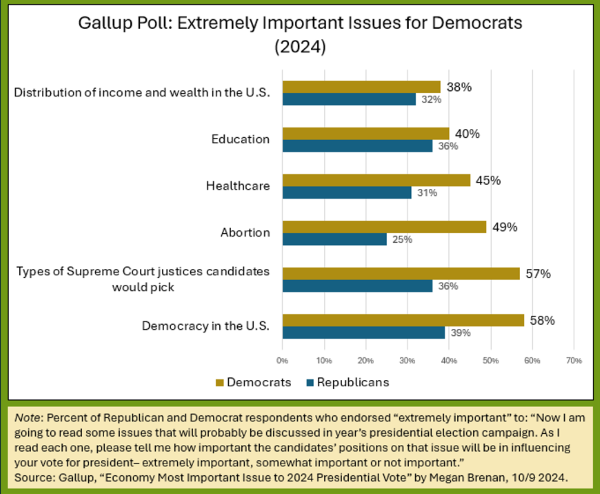I belong to a political debate club that has become increasingly dysfunctional over the years. When I joined the club, 16 years ago, membership was ideologically diverse, from socialists to mainstream Democrats and Republicans to libertarians. Debates were lively, respectful and fun. For many of us, debates were an opportunity to learn and think hard about issues of governance. In that spirit, plenty of us volunteered to be speakers for positions we were actually against, the better to understand the other side and to shake up our certainties.
That was then. Now the active membership of the club consists of a few progressives waging a relentless battle against the more numerous non-progressives - the latter often called “conservative”, “right-wing” or “fascist” by the former but who more accurately would be called independents. The independents tend to be more focused than progressives on thorny issues of policy (eg, trade-offs, ripple effects) and less focused on moral imperatives.
Which brings me to this week’s debate about a Trump-related controversy. We were supposed to discuss whether Trump had a case and whether his actions were constitutional. The lone progressive present was uninterested in these questions, arguing that Trump is a dictator who cares only about amassing more power. He repeatedly referred to Trump as “the Fuhrer” and said it was pointless to discuss whether anything he does or says has merit or not. The fact that we were trying to do just that meant we were Nazis. At one point he emphasized his point by repeating “Fuhrer” five times in a row. That’s when I left the debate.
This whole sordid episode got me to thinking about the chasm between the left and the not-left: why can’t we debate our disagreements? After all, debates assume disagreement. But the dysfunction in my club and our country is much deeper than a mere difference of opinion about how to achieve policy goals. It’s about what issues matter in the first place.
So, what issues matters to the left and the rest? Do they care about the same things? If so, do they consider these issues equally important?
I’d say no to the last question, at least if you consider Democrats a decent proxy for progressives and Republicans a decent proxy for the rest*. Per a Gallup Poll taken shortly before last year’s election, there was no Democrat-Republican overlap in the top six most endorsed “extremely important” issues.
Here’s what mattered most to Republicans:
And Democrats:
Notice that Democrats seemed to care much less about the issues that were most important to Republicans. But the reverse was not true. Per the following chart, the Democrat-Republican “caring gap” was at least 30% in 4 of the 6 issues considered extremely important by Republicans but under 30% for all 6 issues considered extremely important by Democrats:
Authors note: Distribution of income and wealth and Supreme Court justices were extremely important issues for Democrats (D). Sorry for the oversight.
Based on this Gallup poll (and personal experience), I imagine Republican politicians would be more willing to work with Democratic politicians on policy goals Democrats care most about, but not vice versa: Democrats just don’t care enough about Republican issues to support Democratic politicians who seek common ground with the other side.
And in debate club, I’ve come to the conclusion that progressives just don’t care that much about the issues that concern independents.
That Republicans and Democrats care about different things is not an explanation of anything, only a stopping point in an attempted explanatory sequence that I can only summarize as “it’s complicated”.
—
* The Gallup poll also included independents, but their responses revealed no clear pattern, except to occupy a middle zone between Democrat and Republican.


